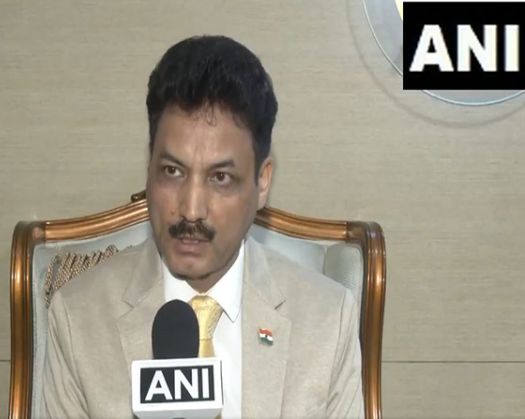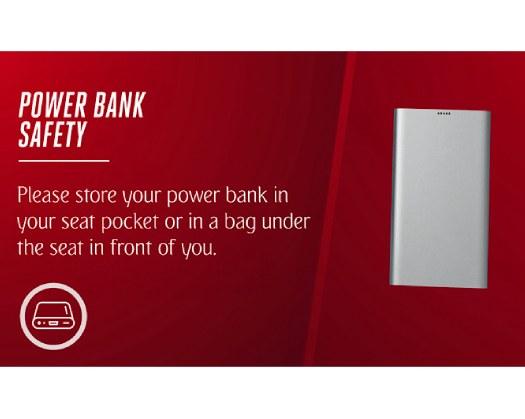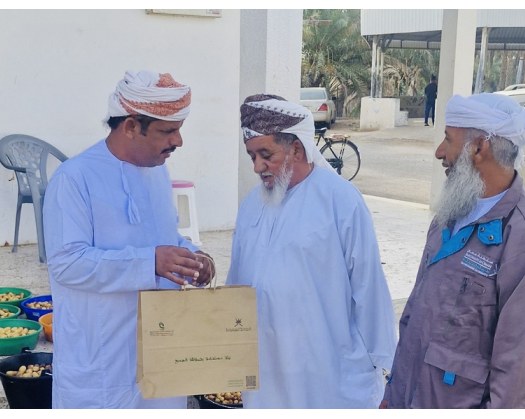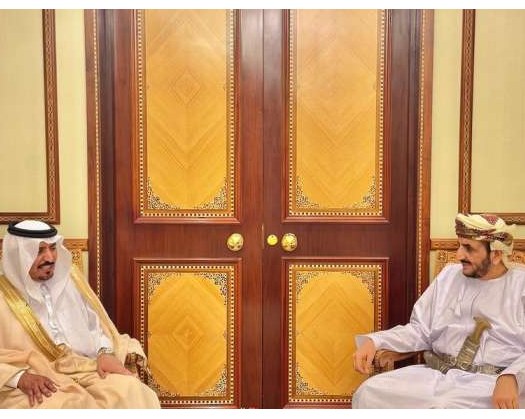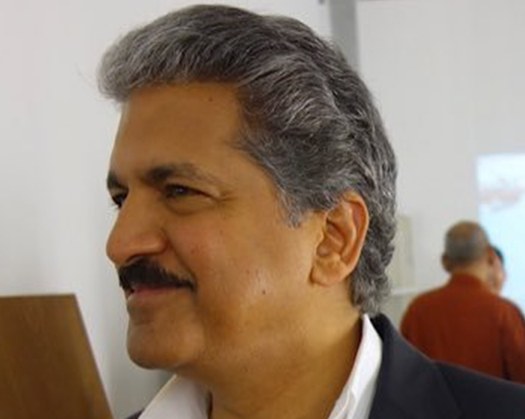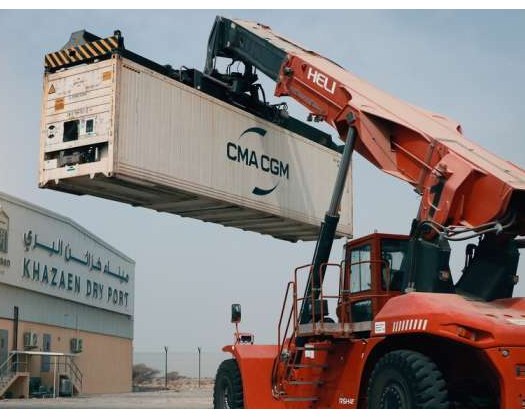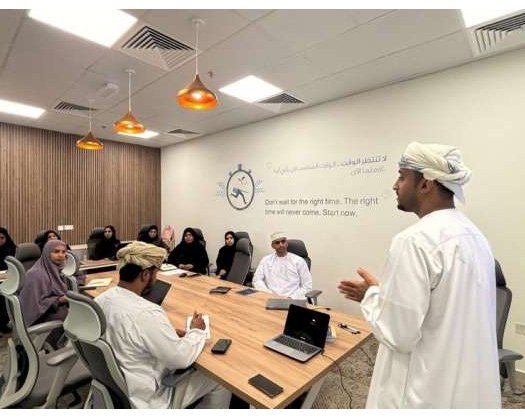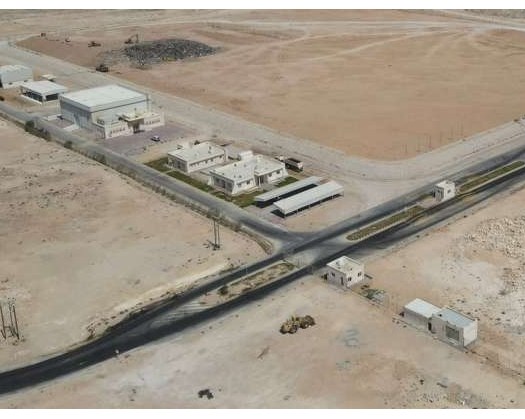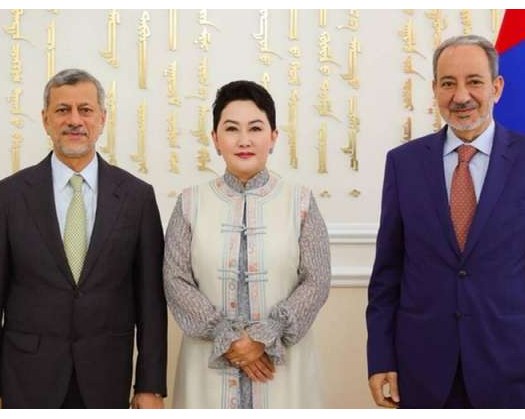New Delhi: According to Ranjeet Mehta, CEO and Secretary General of the PHDCCI, the reciprocal tariffs imposed by US President Donald Trump will have a more significant effect on the American economy, limiting consumers' purchasing options to meet their needs.
"The initial impact will primarily affect the American economy. Consumers currently enjoy the freedom to purchase products from around the globe at competitive prices. However, with the introduction of these tariffs, it is likely to become more costly for the American market," Mehta stated in an interview with ANI.
India will face a reciprocal tariff of 27 percent.
Products such as steel, aluminum, and automotive goods from India will incur a 25 percent tariff, while pharmaceuticals, semiconductors, copper, and energy products will not be subject to these tariffs for the time being.
Mehta noted that President Trump's announcement of these tariffs has generated widespread discussion.
Regarding India, he expressed optimism for the pharmaceutical sector, which has been excluded from the tariff measures.
He highlighted that the tariffs will particularly affect the gems and jewelry, textile, and electronics industries.
Despite the current challenges, he remains hopeful, seeing "light at the end of the tunnel," as both nations are engaged in discussions for a bilateral trade agreement (BTA) expected to be finalized by the fall of 2025.
As we brace for the upcoming tariffs, there is a glimmer of hope in our ongoing negotiations for bilateral trade agreements with the United States, stated the industry leader. "We anticipate that these agreements will be finalized by September or October."
It is essential for Indian industries to develop their own capabilities, and he commended Prime Minister Narendra Modi's 'Atmanirbhar Bharat' initiative.
"This situation presents an opportunity amidst the challenges we face, and we must view it as a chance to further promote the Make in India initiative. India stands poised to attract investments from those seeking alternatives to China," Mehta remarked. He also emphasized the need for India to expand its trade relationships with new countries.
"We should focus on diversifying our trade with nations in Latin America, Africa, West Asia, and Southeast Asia. These are the markets we need to explore... This is a prime opportunity for us to seek out new alternative markets in these sectors," he added.
Mehta noted that small and medium enterprises, which are likely to feel the impact of these changes, should also consider exploring new markets. He suggested that the government could assist by organizing expos, offering financial support, and facilitating market access.
"This is a crucial time for innovation. For MSMEs, establishing export-ready clusters will be key to our success," he concluded.

